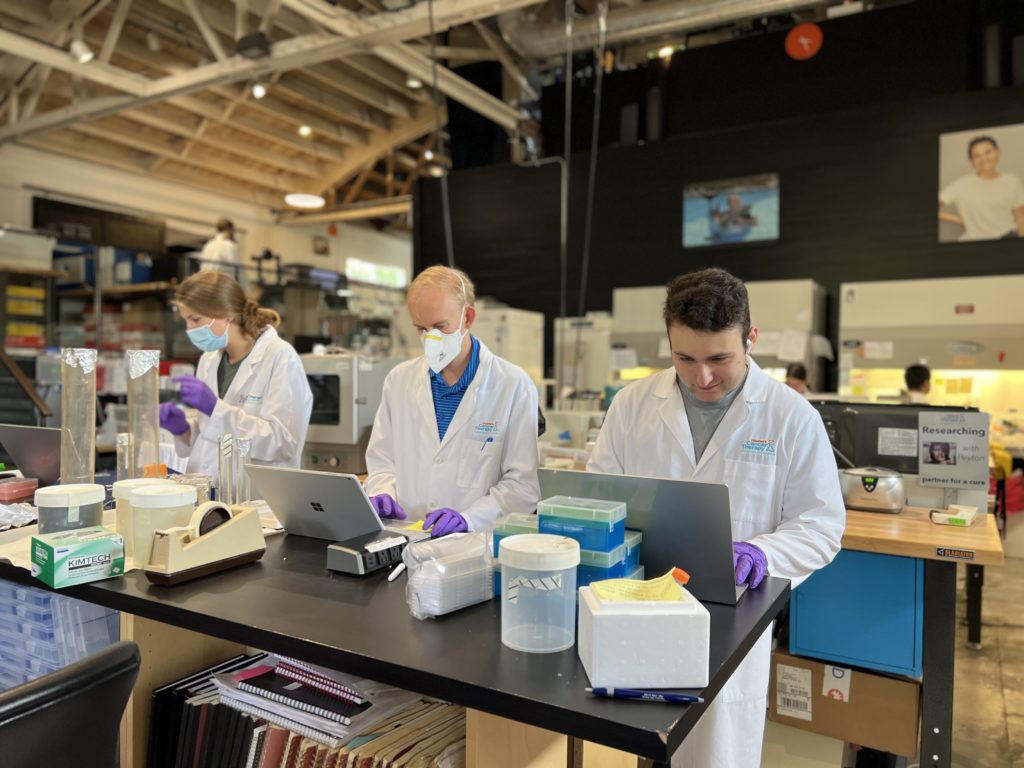Already funded by the Rucker Collier Foundation!
Sclerosing Epithelioid Fibrosarcoma (SEF) is a rare soft tissue sarcoma of children, teenagers and adults that can also arise from the kidney1-4 and sometimes from bone as well as other locations. SEF is a rare cancer of significant unmet clinical need.
Treatment is primarily surgical when not metastatic; however, most cases are or become metastatic. Effective chemotherapy regimens for widespread metastases are not yet established, although doxorubicin and irinotecan have been anecdotally suggested to bring short-term benefit. Thus, innovative new therapies are needed for curative-intent treatments.
A significant barrier to developing new targeted therapies for SEF is the lack of any reported cell lines, mouse xenograft models or mouse transgenic models. No progress will be made until these laboratory tools are created. An effort to generate these tools for broad sharing and to centralize the knowledge base for SEF is warranted. And while the role of immunotherapy for SEF is undefined, this approach could be tested if laboratory tools were available.
Fortunately, an equally rare sarcoma, Chordoma, has seen great progress due to the efforts of the Chordoma Foundation and its founder Josh Sommer, a chordoma survivor. Because few resources existed, the Chordoma Foundation created a strategic research roadmap:
We propose to use the same roadmap for SEF, beginning in Years 1 and 2 with Resource Development (Patient Registry, Biobank, Cell Line generation, Xenograft generation) and to simultaneously conduct Discovery studies (High Throughput Drug Screening, as well as candidate target validations, e.g. CD24, CD276, TORC2, MDM2, CD74, IGF1R, EFNB2, FGFR1, EEF1A1 and the proteasome). The overall goal for this SEF jumpstart project is to seed the development of treatment options that provide stable disease or a cure for 85% of SEF patients.





